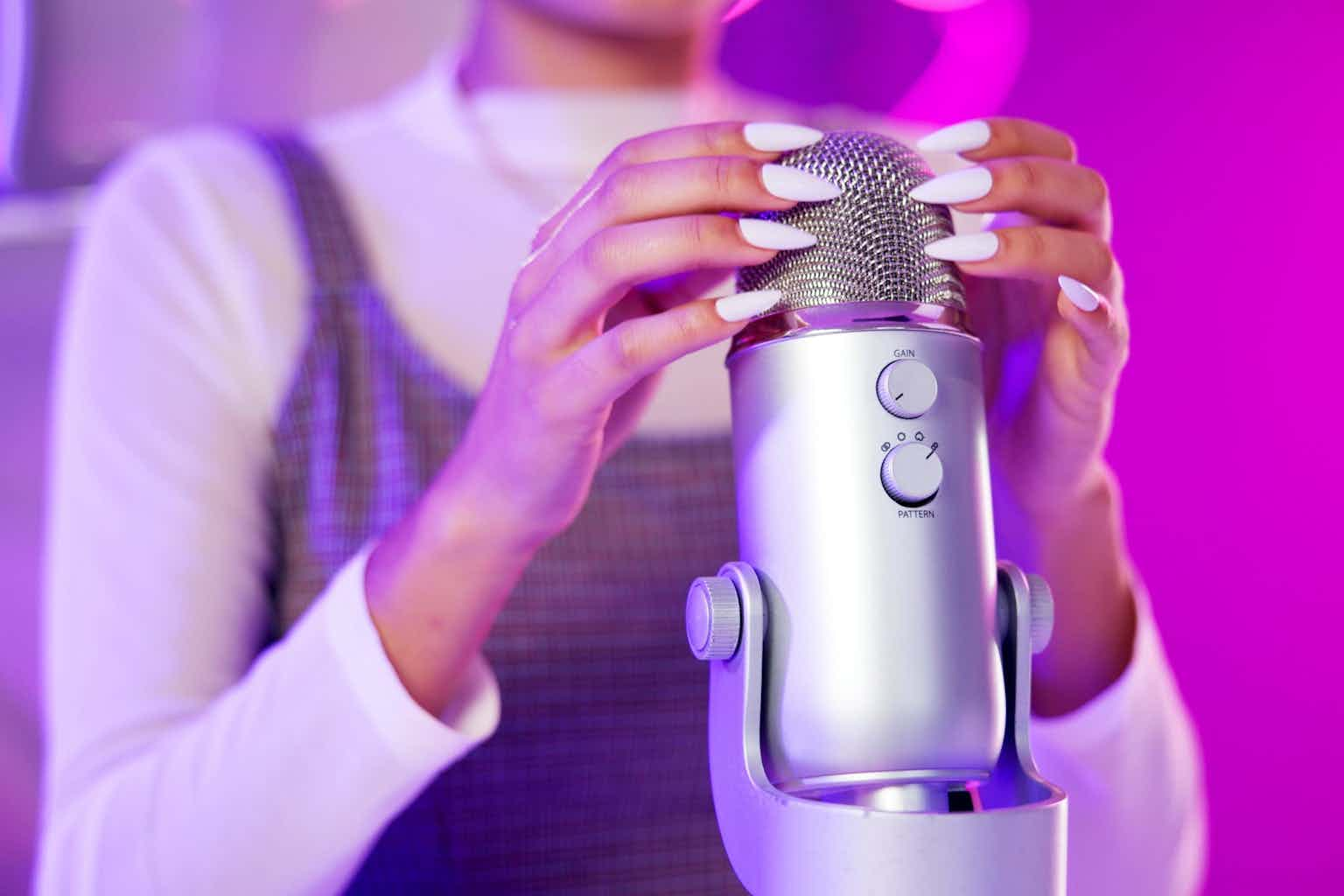The world of Autonomous Sensory Meridian Response (ASMR) has exploded online, with millions of videos dedicated to triggering the characteristic tingling sensation on the scalp and neck through whispering, tapping, and gentle personal attention. Many users claim that ASMR is an effective tool for managing stress, reducing anxiety, and improving sleep. While research is still in its early stages, emerging studies suggest that ASMR can induce a distinct state of relaxation that is measurable on a physiological level, making it a promising complementary tool for those who respond to it. However, scientists caution that ASMR is not yet an evidence-based clinical treatment and should not be relied upon as a standalone solution for serious mental health conditions.
The Science of the Tingle: Physiological and Emotional Effects
ASMR is defined as an involuntary, positive emotional-physical response, often described as a “brain massage”. While not everyone experiences the distinct tingling sensation, studies have demonstrated that ASMR content can elicit measurable physiological changes associated with calm, even in non-responders.

Research has found that watching or listening to ASMR content can lead to a lower heart rate (by as much as 3.41 beats per minute) and decreased blood pressure, which are physical signals of relaxation. Neuroimaging studies have also shown ASMR triggers brain activity patterns associated with reward and emotional arousal, which may be linked to the release of dopamine and oxytocin—neurotransmitters associated with pleasure and social bonding. Some researchers have coined the term “arousing relaxation” to describe the sometimes contradictory state of feeling both calm (decreased heart rate) and slightly excited (increased sweating) that ASMR can induce. Regardless of the exact neurological mechanism, the positive emotional effects are undeniable for many users, with a large majority reporting that ASMR positively affects their mood and helps relieve symptoms of depression and insomnia.
ASMR and Anxiety: A Complementary Approach
The perception of ASMR as a tool for managing anxiety and stress is one of its most popular uses. For individuals who are sensitive to the triggers, the immersive nature of ASMR acts as a form of focused distraction and relaxation, similar to mindfulness or meditation techniques. By drawing attention away from internal worries and focusing it intently on the quiet, repetitive stimuli, ASMR can temporarily shift the brain out of the fight-or-flight response.

However, researchers stress that ASMR lacks the extensive body of clinical trial evidence required to be certified as an official therapy, such as Cognitive Behavioral Therapy (CBT). It is not a clinical intervention for anxiety, but rather a self-care practice or a complementary tool. The positive effects are highly individual: some people find certain ASMR sounds highly irritating, a condition known as misophonia. Furthermore, some research suggests “expectancy effects”—similar to a placebo—may play a role, where people who believe ASMR will help are more likely to experience its benefits. Therefore, while it poses no harm to try as a relaxation technique, it should be used to supplement, not replace, professional mental health care.
Triggers and Individual Susceptibility
The effectiveness of ASMR is heavily dependent on individual susceptibility and the specific triggers that work for a person. While some people may not respond at all, those who do are often found to score higher on the personality traits of openness to experience and neuroticism (meaning they may be more prone to experiencing anxiety). This suggests that those who are more easily stimulated or more anxious may paradoxically be the most likely to benefit from the soothing counterbalance that ASMR provides.

Common triggers include whispering, tapping, gentle scratching, page turning, and role-play scenarios (like an eye exam or hair brushing). Since universal triggers are difficult to identify, successfully integrating ASMR into a wellness routine requires trial and error to discover which auditory or visual stimuli reliably induce the desired state of calm. The accessibility of ASMR content online makes this exploration easy and risk-free.




